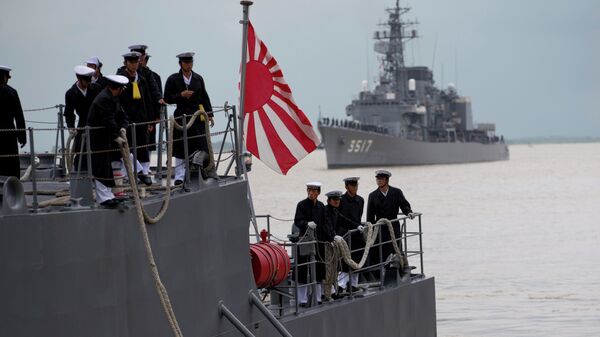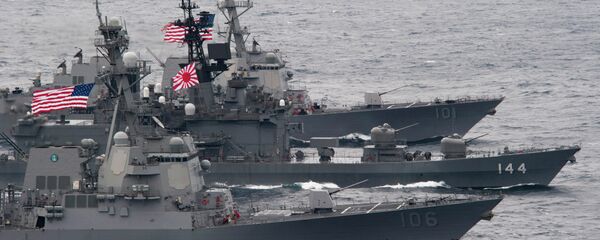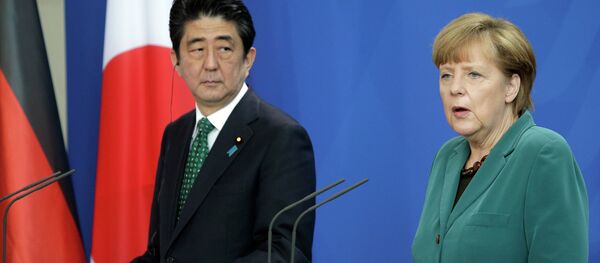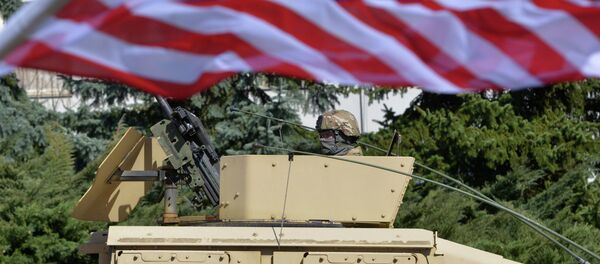While China is strengthening its economic and military influence in East Asia, the US-Japan alliance faces a critical turning point, pointed out American author Ted Galen Carpenter, a senior fellow at the Cato Institute.
Ted Galen Carpenter pointed to the fact that Tokyo has been recently demonstrating a "belligerent" stance regarding territorial disputes with South Korea and China over the Dokdo/Takeshima and the Diaoyu/Senkaku islands.
Japan's efforts to justify its claims sparked a lot of controversy among the populations of the region: Beijing and Seoul have openly slammed Tokyo for an alleged attempt to "legitimize Japan's imperial era and its many abuses."
Furthermore, Abe's visits to the Yasukuni Shrine, the site where 14 of Japan's Class-A war criminals from World War II are commemorated, have added fuel to the fire.
But what makes matters even worse is that the Abe cabinet is still demonstrating its "unwillingness to risk adverse domestic political repercussions by raising taxes to pay for the increased military spending needed to support its enhanced foreign policy goals."
Indeed, the US leadership has recently started encouraging Tokyo to take on more security responsibilities in the region. Washington plans to transform the US-Japan military alliance "into the regional crisis management alliance" aimed at dealing with issues that "might not directly threaten the Japanese homeland."
However, the Japanese government still refuses to abolish the longstanding rule that allows spending no more than one percent of the country's GDP on defense.
Such a restriction undermines Japan's armed forces development, the author insisted, adding that the gap between Chinese and Japanese military capabilities is likely to increase in the future.
"Thus, Washington may end up with a more assertive ally that antagonizes China, South Korea, and perhaps other neighboring states but continues to depend on the United States to achieve its enhanced ambitions," Ted Galen Carpenter stressed.





